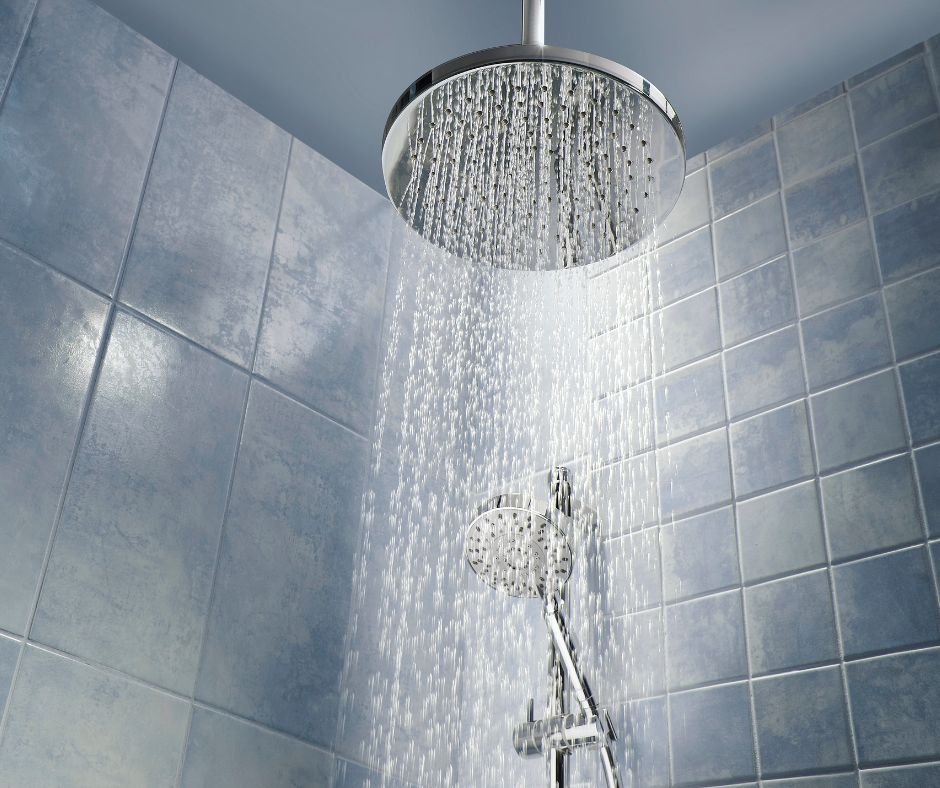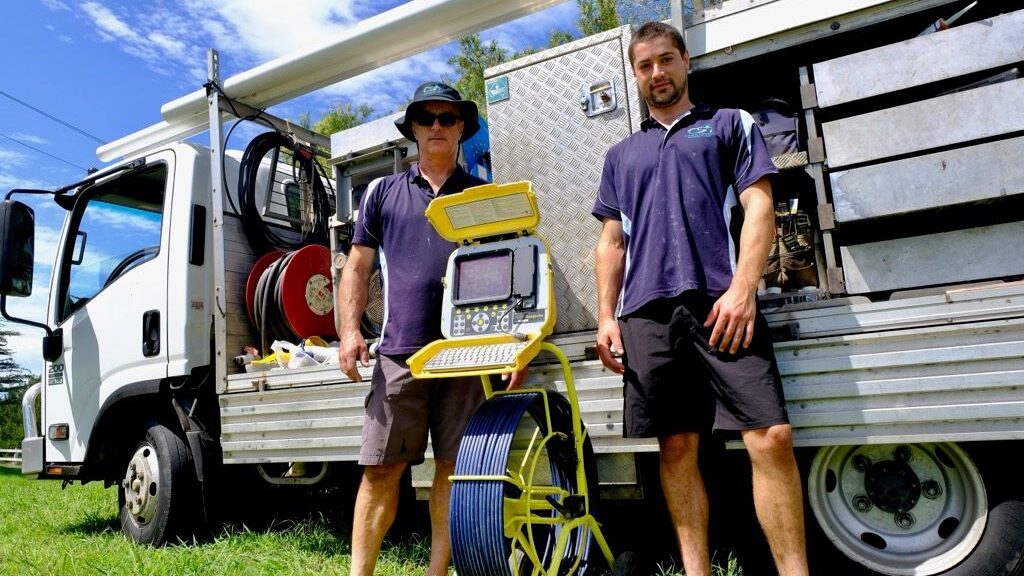Enhancing Home Efficiency with Optimised Hot Water Storage Tank Systems
Storage hot water systems are highly regarded as a reliable and efficient choice for many households in Wollongong, particularly for larger families or homes that already utilise established electric or gas heating systems.
While advanced technologies such as heat pumps and continuous flow units provide greater efficiency, well-designed and well-maintained storage tanks can deliver remarkable results, especially when used with off-peak electricity or natural gas. The choice of the most suitable system for your household hinges on several factors, including your energy infrastructure, available installation space, and daily hot water consumption patterns.
Ultimately, the decision will be shaped by your family dynamics, specific hot water demands, and the characteristics of your energy framework.

Understanding the Efficient Operation of Storage Tank Hot Water Systems
A storage hot water system operates by heating water within a durable cylindrical tank, maintaining it at a predetermined temperature for immediate access. When you activate the tap, hot water flows directly from the tank, ensuring availability when needed. As water is drawn from the tank, the system automatically refills and reheats the water, guaranteeing a steady supply is always within reach. This reliable mechanism ensures you need not worry about running out of hot water while going about your daily activities, providing peace of mind for busy households.
The range of available tanks is quite extensive, with options starting from compact 50-litre models that fit seamlessly into smaller spaces to large units exceeding 400 litres, ideal for larger families or commercial applications. This variety allows homeowners to select a system tailored to their specific requirements while ensuring optimal performance and energy efficiency, making the selection process crucial for long-term satisfaction.
The Enduring Value of Storage Tank Systems for Your Home
- Intuitive Design for User-Friendly Operation. These systems boast a straightforward design, devoid of complex sensors or intricate electronic components that are prone to failure, making them easy to operate.
- Consistent Performance for Reliable Hot Water Access. They excel in homes with a steady demand for hot water, ensuring that your family’s requirements are consistently met without interruptions.
- Flexible Installation Options for Any Environment. Storage tanks can be conveniently installed in various locations, whether indoors or outdoors, and can be positioned either vertically or horizontally based on your spatial constraints.
- Minimal Maintenance Needs for Effortless Management. Most replacement components are affordable and readily available, making the upkeep of these systems straightforward and cost-effective.
In numerous households across Wollongong, particularly those with older plumbing configurations or larger family units, storage tanks remain a dependable and financially sensible solution for meeting hot water demands effectively.
Key Factors in Choosing Between Gas and Electric Storage Tanks
Electric Storage Systems
These systems are generally easy to use and install, making them an excellent option for homes with a consistent electricity supply. They frequently function on off-peak tariffs, potentially resulting in substantial savings on energy bills. Electric systems are particularly beneficial for smaller households or properties lacking access to gas connections, offering flexibility and convenience.
Gas Storage Systems
Gas systems provide rapid water reheating capabilities, making them a highly efficient choice for households with a significant demand for hot water. If your home is already equipped with natural gas, selecting a gas storage tank can be a prudent long-term investment, ensuring that your hot water needs are met promptly and effectively.
Uncertain about which option is best suited to your needs?
Our dedicated pages on electric and gas hot water systems provide comprehensive insights into both options, assisting you in making an informed decision based on your unique circumstances.
Identifying Common Issues with Older Storage Tank Systems
- Running Out of Hot Water before all family members have had their showers can lead to frustration and inconvenience.
- Rising Energy Bills resulting from inadequate insulation or operational inefficiencies within the system can significantly impact your household budget.
- Leaks or Rust forming around the base of the tank, which may indicate potential system failure and requires immediate attention to prevent further issues.
- Prolonged Recovery Time between uses can cause inconvenient delays in accessing hot water, disrupting your daily routine.
- Unusual Noises such as popping or hissing during the heating cycle may signal potential problems with the system that need to be addressed.
If you recognise any of these challenges, it may be time to consider a replacement or, at the very least, arrange for a professional inspection to ensure your hot water system is operating efficiently and effectively.
Evaluating the Need to Upgrade or Transition to a New Hot Water System
If your current storage tank exhibits any of the following indicators:
- Exceeds 10 years in age, suggesting it may be approaching the end of its operational life.
- Displays visible signs of wear or operational inefficiency, which can directly affect performance levels.
- Fails to meet your household's hot water demands, causing interruptions during daily usage.
In these circumstances, it is prudent to consider an upgrade.
This could involve investing in a new storage tank with enhanced insulation capabilities or exploring alternatives such as an instantaneous or heat pump system, which may offer improved efficiency and performance to better suit your needs.
We are here to guide you in making the most informed decision based on your household's energy access, spatial considerations, and overall hot water usage patterns.
Crucial Considerations When Selecting Your Hot Water System
Storage tank systems remain relevant, particularly for larger homes or setups lacking the infrastructure for more advanced technologies. When appropriately sized and properly maintained, they offer a straightforward, cost-effective, and efficient solution for fulfilling hot water requirements.
However, they are not universally applicable. As the market expands to include a variety of more efficient and versatile options, seeking advice from a licensed plumber is essential. A professional can assess your specific needs and recommend the most suitable hot water solution tailored to your household's unique circumstances.
Are you seeking assistance in selecting or replacing your hot water system? Contact our expert team today for personalised guidance and solutions tailored to your situation.

Common Inquiries Regarding Gas and Electric Hot Water Systems
Which Hot Water System Is More Cost-Effective: Gas or Electric?
In general, gas hot water systems are recognised for their lower operational expenses, especially if your residence is already connected to natural gas. However, electric systems that utilise off-peak tariffs or are integrated with solar power can also yield competitive running costs. Your ultimate decision will depend on your specific consumption patterns and the local energy pricing in your area.
Which System Heats Water More Rapidly: Gas or Electric?
Gas systems typically provide quicker water heating compared to electric systems, making them particularly beneficial for larger families or homes with high-demand appliances. Although electric systems may show slower recovery times, continuous technological advancements are leading to enhanced efficiency and performance.
Are Gas Hot Water Systems Ideal for Larger Families?
Yes, gas storage or instantaneous systems are often more suitable for larger households where multiple occupants may require hot water at the same time. Their rapid reheating capabilities allow them to comfortably handle high usage demands without quickly exhausting the hot water supply.
Can You Install a Gas Hot Water System Without a Gas Connection?
Yes, it is feasible to install a gas system, but you would need to utilise LPG (bottled gas) instead of mains natural gas. This situation is common in rural or semi-urban regions of the Illawarra. Be aware that the expenses associated with LPG can be higher, and you will need to manage logistics for delivery.
Are Electric Hot Water Systems Still a Practical Choice?
Absolutely! Electric systems are user-friendly, cost-effective, and widely accessible. They are particularly ideal for smaller homes, apartments, or properties without gas infrastructure. When paired with solar PV systems or utilised during off-peak rates, they can achieve remarkable efficiency levels, making them a viable option for many.
Which System Offers a Longer Lifespan: Gas or Electric?
Both types of systems generally have comparable lifespans, typically ranging from 8 to 15 years. This can vary based on factors such as brand reputation, usage habits, and water quality. Regular maintenance is crucial; components like anodes, valves, and thermostats should be routinely checked to maximise the longevity of the system.
Which Option Is More Environmentally Friendly?
Electric systems that are paired with solar power or heat pumps typically exhibit the lowest carbon footprint. While gas systems are cleaner than electricity generated from coal, they still contribute to carbon emissions. If sustainability is important to you, consider opting for modern electric systems or those supported by solar energy.
Are Storage Tank Hot Water Systems Still a Good Choice in Wollongong?
The Article: Storage Tank Hot Water Systems: A Smart Choice for Wollongong first appeared on https://writebuff.com
The Article Hot Water Systems: Why Wollongong Should Choose Storage Tanks Was Found On https://limitsofstrategy.com

